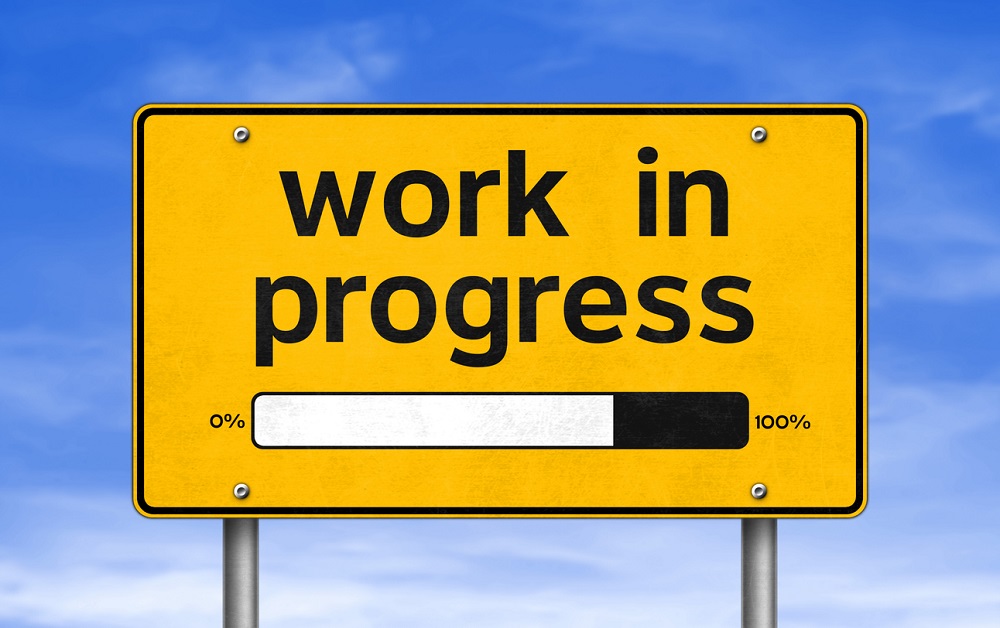
Recognising and naming Imposter Syndrome in coaching and professional spaces can create powerful shifts in awareness and self-perception. It can be the first step towards loosening its grip and rebuilding a grounded sense of confidence and capability.
Imposter Syndrome is a persistent inner doubt that makes you feel like a fraud, even when there’s clear evidence of your skills, achievements, or credibility. It’s the unsettling belief that you’ve somehow convinced others you’re more capable than you really are, and that one day, you’ll be found out.
Our previous article about recognising Imposter Syndrome, drew on insights from writer and educator, Elizabeth Cox. In her TED-Ed animated video, she explores what is known about this surprisingly common phenomenon and how it shows up in various guises.
The good news is that Imposter Syndrome is not a life sentence. With awareness, reflection, and deliberate action, it is possible to use Imposter Syndrome as a catalyst for change and growth. Here, we will explore the power of naming and normalising Imposter Syndrome. How by sharing our experiences and finding other ‘imposters’, we can ultimately challenge this syndrome by acting like ‘scientists in our own laboratory’. We can do this by collating and seeking out the right type of feedback and data. Simone Biles, the highly accomplished Olympic gymnast, is used here, as a great example of an individual who has overcome Imposter Syndrome and used it as a catalyst for change and growth.
Naming Imposter Syndrome

In a coaching sphere, one of the most powerful things we can do is help our clients recognise forms of Imposter Syndrome and apply language to what they’re experiencing. Simply naming Imposter Syndrome can be a relief. Clearly identifying Imposter Syndrome allows clients to disentangle themselves from the phenomenon and recognise that they are not alone and that what they’re feeling is not a personal flaw. It is instead, a common human experience and a pattern to understand.
Normalising Imposter Syndrome
Imposter Syndrome thrives in isolation, introspection and self-doubt. The most surefire way of tackling Imposter Syndrome is to talk about it. In the coaching space, acknowledging and exploring this phenomenon is crucial. At the Listening Partnership, we view such internal narratives as powerful stories that have the power to either hinder or enhance.
We often find that when clients are given the chance to voice their self-doubt, they uncover patterns that have long shaped their inner narratives. Rather than rushing to reframe or ever fix, we listen attentively, allowing their words to surface without judgment. This approach helps clients feel respected, seen and heard. Through thoughtful dialogue and reflective inquiry, clients can begin to disentangle their self-worth from perfectionism and external validation, gradually building a more compassionate and grounded sense of self.
Sharing experiences and finding other imposters

It can be reassuring to know that we are all a work in progress. Finding other fellow ‘imposters’ can be validating and help shift perspectives, particularly when we realise that even people around us who we might admire have wrestled with the same internal doubts. There is power in exploring Imposter Syndrome with a coach and speaking with trusted colleagues, peers or mentors. Hearing about how another colleague, peer, specialist or mentor has experienced thoughts and feelings associated with Imposter Syndrome can soften its influencing power in your own life.
Collating and seeking feedback
Elizabeth Cox highlights the example of the scientist who kept blaming herself for problems in her lab and started to document the causes every time something went wrong. In this case, the data gathered meant that the scientist could see that most of the problems came from equipment failures (rather than her own mistakes), eventually coming to recognise her own competence.
As coaches, we know we can’t simply “logic” Imposter Syndrome away. It’s sticky. It clings to old stories and thrives on distorted narratives, but feedback can play a pivotal role in loosening its grip.
Be your own scientist in your laboratory.

As coaches, we can support our clients to think in a similar way. To think in the way that this scientist did as she gathered evidence in her laboratory. The key question is: what feedback does the client need to gather, make sense of and keep paying attention to over time? The scientist in Elizabeth Cox’s animation found the right type of feedback by distinguishing the cause of laboratory failures as either human or equipment failures. If you would like to learn more, her video is available here
Clients can be thought of as scientists in their own laboratories. As coaches, we encourage our clients to think intentionally about the kinds of feedback they need to seek out and from what sources. When clients start to think intentionally about the types of feedback they seek, from where, from whom and actively request it, it makes a difference. They find that new evidence has been uncovered. This can then begin to disrupt false narratives and help clients begin to shape a more balanced and evidence-based view of themselves.
Be more like Simone Biles: Seek the right type of feedback from the right sources

Feedback meant to counteract Imposter Syndrome can never be one-size-fits-all. It is unlikely to be found in the annual review or the generic “You’re doing great!” kind of feedback. What helps is feedback that is personal, specific and relational.
Take Simone Biles, the most decorated gymnast in history. Simone Biles has openly shared how she grappled with Imposter Syndrome despite her extraordinary past achievements in Rio 2016. In Simone Biles’s case, in the build-up to the 2020 Tokyo Olympics, she spoke about feeling like her identity had been reduced to medals. For Simone Biles, the feedback she needed was not about about performance metrics. As she put it, she needed feedback about her being, not just her doing. She turned to people who saw the whole of her: her coach, her teammates and her therapist. Their feedback gave her the courage to make a brave and values-led decision.
The feedback was enough to help her make the brave decision to prioritise her mental health and step back from several Olympic events.
Simone Biles’ example is a classic example of Imposter Syndrome. Simone Biles’ Imposter Syndrome and how she dealt with it, highlights the importance of self-awareness and seeking the most relevant type of feedback from the right sources. Simone Biles’ had the self-awareness to know that she needed to be the scientist in her own laboratory, not by counting her medals, but by shifting the very nature of how she defined herself.
Simon Biles’ story serves as a powerful example of how Imposter Syndrome acted as the catalyst for her. She began to seek a deeper understanding of herself that went beyond her achievements. This helped her to pause and redefine her goals, ultimately, deciding to serve a wider purpose. She then acted as a catalyst for others, encouraging conversations about the importance of prioritising mental health in high-performance workspaces.
In conclusion…
By increasing your awareness and understanding of Impostor Syndrome, naming it, normalising it, noticing it in others and actively engaging with feedback, you can begin to dismantle the false narratives that fuel it.
Overcoming Impostor Syndrome is grounded in self-awareness, intentional action and collaboration. If you would like to develop your own strategy for overcoming this syndrome, contact us here
About us:
We create the space for leaders to step back, think clearly, and navigate complexity with confidence. By sharpening the narrative that drives decisions, teams, and performance, we help leaders move forward with clarity and impact. Our approach blends deep listening, incisive challenge, and commercial focus—strengthening leadership at every level, from business transformation to boardroom decisions.
“We share resources that help coaches deepen their practice and expand their impact. The articles on this site are designed to spark fresh thinking, offer practical tools, and support the continuous growth of coaches at every stage. “
Jude Elliman
Founder
Our Core Approach:
We work with leaders to sharpen their thinking, strengthen their leadership, and navigate complexity with confidence. Our approach is built around three core areas:
Narrative Coaching – Working with the stories that shape leadership, teams, and organisations.
Commercial Focus – Cutting through complexity to drive clear, strategic decisions.
Challenge & Space – Asking the right questions while creating the space to reflect and grow.
Through this, we help leaders drive transformation, align teams, and make high-stakes decisions with clarity and impact.
